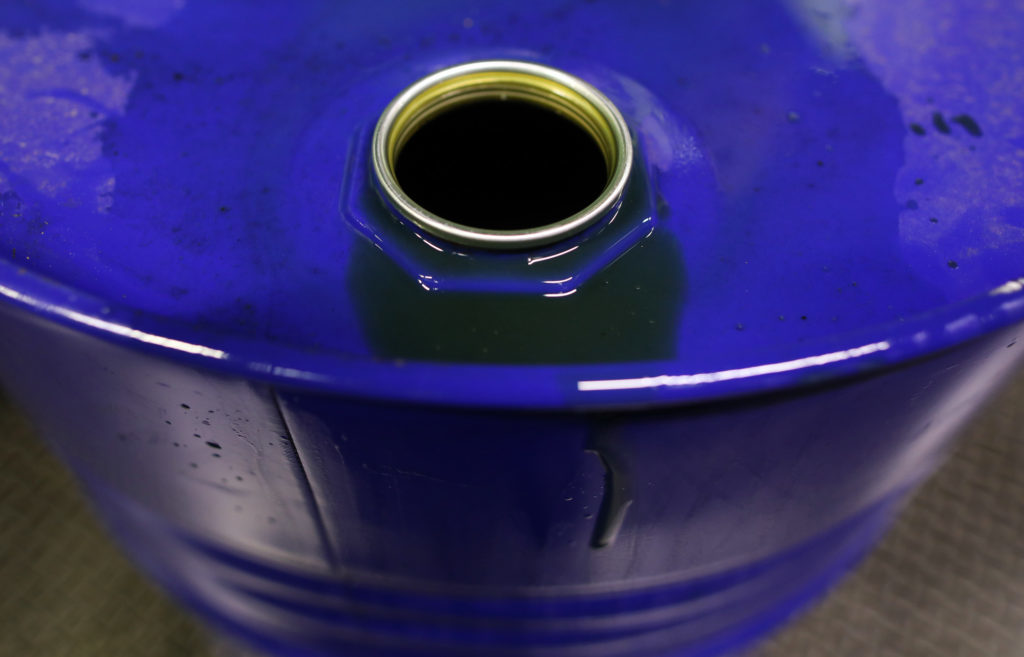
Oil is heading for the biggest weekly loss since July on indications Saudi Arabia is restoring lost crude production quicker-than-expected after attacks on its key energy infrastructure.
Futures slid as much as 0.6% in New York on Friday. The kingdom is about a week ahead of its repair schedule and is pumping more than 8 million barrels a day, according to people familiar with the matter. Further price losses may be capped by the prospect of escalating tension in the Middle East. The U.S. said it will send an additional Patriot missile battery and 200 more personnel to Saudi Arabia, extending the region’s air defense in the wake of the Sept. 14 assault.
The U.S., Saudi Arabia and major European powers have all blamed Iran for the attacks on the kingdom, which took out 5% of global supply and spurred a record spike in oil. Tehran has denied the allegations. A deepening manufacturing slump in Germany, more signs of economic weakness in China and rising U.S. crude stockpiles have also weighed on prices this week.
“It’s astonishing how quickly Saudi Arabia is recovering the lost output and oil’s largely been pushed down by the news,” said Kim Kwangrae, a commodities analyst at Samsung Futures Inc. “It’ll probably be just a matter of time before we see prices falling back to levels prior to the attack.”
West Texas Intermediate for November delivery lost 25 cents to $56.16 a barrel on the New York Mercantile Exchange as of 7:40 a.m. London time. The contract fell 8 cents to $56.41 on Thursday and is down 3.3% this week, the biggest weekly drop since July 19. Prices are up 2% this month.
Brent for November settlement dropped 51 cents, or 0.8%, to $62.23 a barrel on the ICE Futures Europe Exchange. The contract is down 3.2% this week. The global benchmark crude traded at a $6.05 premium to WTI.
Saudi Aramco has restored output at the Abqaiq and Khurais facilities to pre-strike levels of 4.9 million barrels a day and 1.3 million, respectively, according to people with knowledge of the matter. Houthi rebels, which the Saudis are battling in Yemen, claimed responsibility for the attacks.
Iran has installed powerful new centrifuges in contravention of its 2015 nuclear agreement with world powers and is preparing new measures that will allow it to reconstitute its stockpile of enriched uranium, according to a restricted report from the International Atomic Energy Agency seen by Bloomberg.